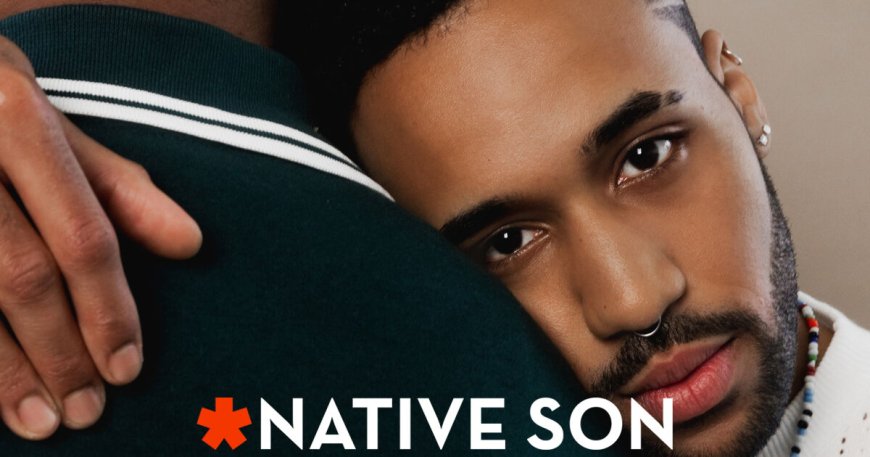Black content creators go at it alone in creating inclusive content we need now
For many years, television audiences have asked for the platform to be a more authentic and nuanced portrayal of Black LGBTQ+ life. Once relegated to the margins or reduced to harmful stereotypes, Black LGBTQ+ characters are getting their time in the spotlight, offering viewers a glimpse into the complexity, joy, and challenges of their experiences.


TV audiences have asked for authentic and nuanced portrayals of Black LGBTQ+ life.
Once relegated to the margins or reduced to stereotypes, Black characters are getting their time in the spotlight, offering viewers a glimpse into the complexity, joy, and challenges of their experiences.
Ronald Hinton—a New York native actor and writer—isn’t waiting on Hollywood to come to him. He’s forging his path through crowdsourcing to make the shows and characters missing.
Your dose of fabulosi-TEA
Subscribe to our newsletter for your front-row seat to all things entertainment with a sprinkle of everything else queer.
Subscribe to our Newsletter today
In a conversation with Native Son, he calls the series, which can be streamed on YouTube, a passion project.
“I didn’t see anything out there, any shows, that accurately depicted my life or the life of people I knew, so after six years of working on NATIVES, we finally have something that speaks to a group of people who are often overlooked,” he says.
NATIVES follows a close-knit group of queer, twenty-something New Yorkers whose lives are turned upside down by the return of Izzy Sanchez. After a failed attempt to start a new life in LA, Izzy returns to the fictional Trenton Houses, prompting the group to navigate the complexities of modern relationships, friendship, and adulthood. The series delves into the bonds of chosen family and the resilience needed to rise above the circumstances into which one is born.
Through the characters’ experiences, NATIVES highlights the emotional realities of living on the down-low (DL) while celebrating the strength of staying true to oneself. It’s a story of loyalty, love, and the unbreakable ties that bind friends as they carve out their place in the world.
“We believe that this story is going to resonate with everyone because at the end of the day, our big focus wasn’t on the fact that these are LGBTQ+ characters, but we are telling stories of the real human experience and emotions,” says Hinton.
The show looks at identity and acceptance.
“That’s what’s missing in many stories like this because they are not made by people who are from the community and have walked in those shoes. Our show is tackling stereotypes, and we can do it because the people in the writer’s room have lived those lives,” says Brittany Franklin, director and producer.
It’s been eighteen years since the groundbreaking series Noah’s Arc ended. The show, which followed the lives of four Black gay men, celebrated being out. Since then, shows like Insecure, P. Valley, Tom Swift, Dear White People, and The Upshaws — have all included Black gay life.
In its latest report examining LGBTQ+ representation in media and advertising, Nielson found that 25% of global audiences want more inclusive content.
Streaming services account for most Black LGBTQ+ content.
Noah’s Arc creator Patrik-Ian Polk has resurrected his beloved characters after eighteen years. He took to X(formerly known as Twitter) to announce that in 2025, Noah, Wade, and the gang would return to our screens.
Meanwhile, Hinton said he worked as though he had the backing of a major studio. This included a working writer’s room, pre-and post-production meetings, and a marketing and social media campaign rollout.
“I knew I needed to be involved as soon as Ronald shared the idea and the script with me,” says Darnell Dudley, creative producer and writer. “When people watch our show it will be like a complete breath of fresh air, I know that people will feel seen,” he added.
SLAY TV is just one example of the community creating stories that reflect their lives. The network has a series of shows geared toward the Black queer experience.
As television reflects and shape culture, the presence of Black queer characters signals a move toward inclusivity. The traditional way of entertainment must make content as inclusive as it is entertaining. Until then, creatives like Hinton will keep narrating their stories, even without big studios.
Stream NATIVES on YouTube.

 Mark
Mark  (@ronaldthomashinton)
(@ronaldthomashinton)





